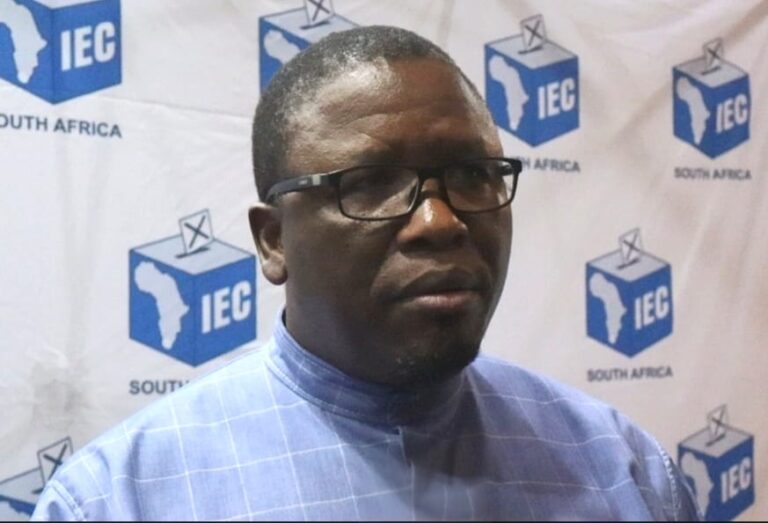By Emily Setona
QWAQWA – Mental health professionals are calling for greater awareness and prioritization of mental illnesses, particularly as substance abuse continues to exacerbate conditions like schizophrenia among vulnerable communities.
Speaking to The Guard during Mental Illness Awareness Month, Teboho Lakaje, operational manager of the mental health unit at Mofumahadi Manapo Hospital, emphasized the urgent need to recognize mental illnesses as real, brain-related health conditions.
“Schizophrenia is often hereditary and can be passed down through families,” said Lakaje.
“Symptoms include hearing voices, seeing things others do not, and experiencing hallucinations. However, in recent years, we’ve observed more cases triggered by substance abuse among those already genetically predisposed.”
He also noted that anxiety disorders are increasingly common, especially in individuals who have experienced trauma. “Someone involved in a car accident might develop a fear of driving, or a person who was mugged may constantly feel unsafe, frequently checking locks and struggling to relax,” Lakaje explained.
Turning to bipolar disorder, Lakaje described it as a condition characterized by extreme mood swings. “During manic episodes, a person might overspend or behave recklessly, followed by depressive phases marked by withdrawal, disinterest, and isolation.”
He further warned that even very young children can experience depression. “Children as young as two or three may show signs of depression after the loss of a parent. They may stop speaking, lose weight, or refuse to eat. It’s crucial for caregivers to recognize these early symptoms and offer support,” he urged.
Lakaje expressed concern over the rising rate of substance abuse among young people in Maluti-a-Phofung. “Many start with marijuana, a gateway drug, and then graduate to harder substances like mandrax and nyaope. This often results in the onset of schizophrenia. It’s not uncommon to see young men roaming the streets, talking to themselves, due to untreated mental illness,” he said.
He highlighted a strong link between substance abuse and mental health challenges, especially among young men. “We do have mental health professionals – including counselors, psychologists, and psychiatrists – ready to assist. But early intervention is key.”
Lakaje also explained the difference between psychological and psychiatric care. Psychologists offer therapy and counseling, such as cognitive-behavioral therapy (CBT), to help patients cope with emotional and behavioral issues.
Psychiatrists, on the other hand, are medical doctors who diagnose and treat mental disorders, often using medication. “Both professions play vital roles in treatment, and often a combined approach yields the best outcomes,” he said.
In Maluti-a-Phofung, individuals seeking mental health support must first be assessed at Elizabeth Ross Hospital. If their condition is deemed severe after a 72-hour observation period, they are referred to Mofumahadi Manapo Hospital for further care and admission.
Lakaje concluded by urging the community to take mental health seriously and to seek help at the first signs of trouble, especially among children and youth.



















